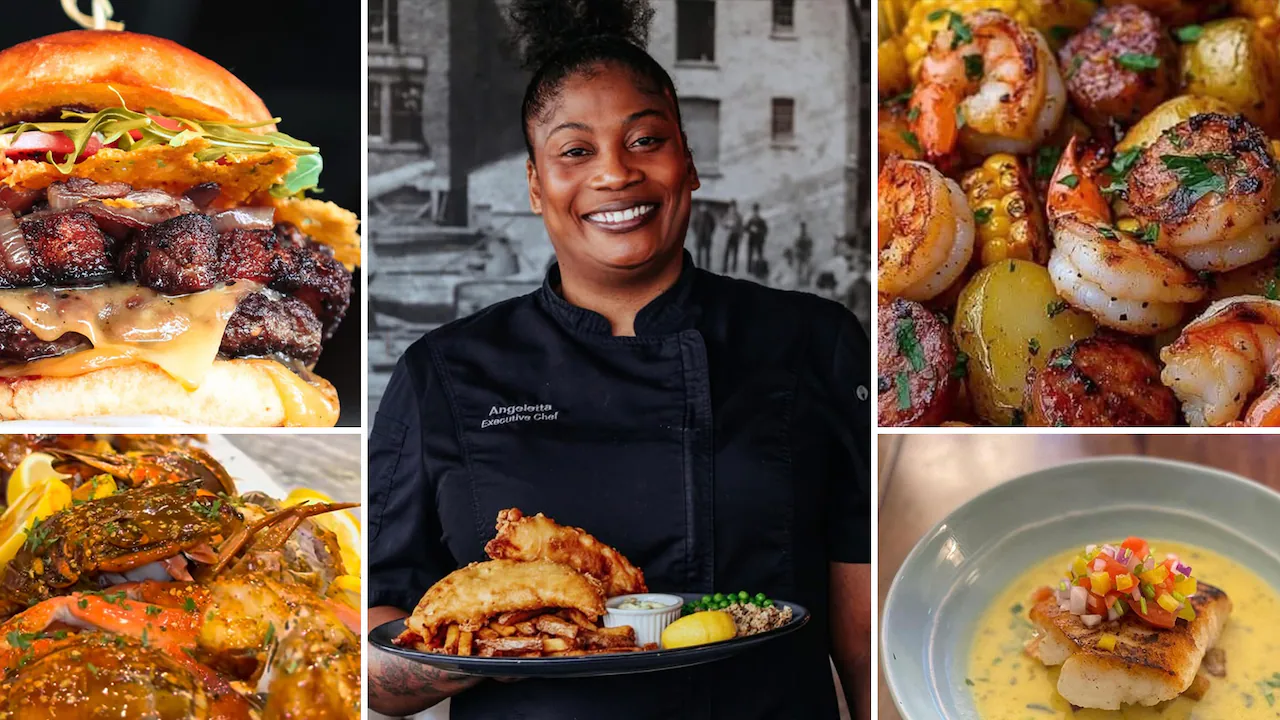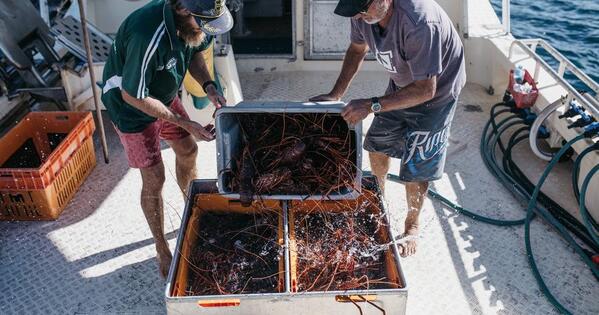Copyright cbc

see the FAQ It was a Wednesday afternoon, the busiest day of the week at our restaurant, Potluck Flavours, in Falmouth, Jamaica, when I got the call that shattered my life. “Dan is dead!” I couldn’t understand. My mind froze. My brother Dan? My favourite person, my biggest supporter, my only constant since childhood? I stood still while the world as I knew it collapsed around me. Dan was murdered while doing his job. Five men from a neighbouring community came to him looking for work on his construction project. He didn't have any to give, so they waited outside the gate where they later stabbed him to death. He didn’t even make the news. There were too many murders that day. My husband and I had built a good life in Jamaica. We had our home, our businesses and we were respected in the community. Jamaica is a beautiful country, but unfortunately, residents often have to navigate senseless, unsolved murders of friends and relatives, especially in areas like Spanish Town, which is where my brother was murdered. Living with crime, violence, and police corruption is an everyday reality. I would go to bed with gunshots blazing and wake up to the same sound. My older brother was shot in the chest a couple of years before Dan died. He was leaving his job when a car rammed into the back of his vehicle. When he got out to inspect the damage, somebody shot him, took his car and wallet and left him on the roadside to die. My husband was also held at gunpoint and robbed twice. My house was broken into while we were sleeping and we were robbed. We had many close calls. But we had grown used to it. But Dan's murder felt different. This was personal. I thought, "Who are they going to kill next? My husband? My children?" Fear took over. There were multiple agencies in Jamaica offering pathways to Canada through work permits. I was a trained chef and met all the educational requirements, so I secured a job in St. John’s. I applied for a Canadian work permit and permanent residency through a recruitment program. I left in 2013, believing my family would join me in three months, but those three months turned into three years. My son was two years old and my daughter was eight at that time. Leaving them and my husband behind was the hardest thing I have ever done. The pain of missing them while mourning my brother nearly broke me. I remember lying awake night after night, wondering if my children had eaten, if my husband was safe, if I had done the right thing. Coming to Newfoundland felt like landing on another planet. The cold cut through my skin and my spirit. I started a new job while grieving, alone in a new culture that felt distant and unwelcoming. I had rented an apartment through the agency while still in Jamaica, but when I arrived, it fell through and I had nowhere to sleep. With the help of a stranger, I searched Kijiji and took what was available at the time — a shared accommodation with four grown men who were extremely dirty. The bathroom was filthy and stained. On my first day at work as a chef, a colleague — a white man, also an immigrant who had moved here from another country more than 20 years prior — looked at me and said, “Oh hell, more of them again. Everywhere you go you see them now, in the mall, in the store, they’re everywhere.” I realized he meant Black people like me. I was already grieving and homesick, and that comment reminded me how unwelcome I could feel. What defines me is the fight to build a life from the ashes of tragedy, the love that kept me going when I wanted to give up, and the mission to make sure other immigrant women don’t have to walk the same painful road alone.- Angeletta McKenzie I laughed awkwardly, not because it was funny, but because I didn’t know what else to do. I was already carrying so much pain. That comment just added to it. As a newcomer, I didn’t know how to access resources or get real help. I had sold my home, cars and businesses in Jamaica, spending every dollar on lawyers and “immigration representatives” who promised to help bring my family here. Most of them took advantage of my ignorance and desperation. The immigration process felt like another kind of violence: opaque, relentless. The exploitation was unbelievable, but I didn’t stop. I was a mother on a mission. When my family finally arrived, three years later, though the pain of losing my brother was still raw, I could breathe again. But even then, life wasn’t easy. Success in Jamaica was hard work, but at least I knew “the dance” — where to go, who to talk to, how to find solutions. Here in Canada, everything felt hidden behind systems that weren't self-explanatory. Being one of the few Black woman in Newfoundland at that time meant constantly having to prove myself just to be treated equally. I felt I had to prove my worth in every space I entered — not because I wasn't qualified, but because people doubted me before they knew me. The smallest things — renting an apartment, opening a bank account, being taken seriously at work — become uphill battles. Cooking was my therapy and a way to communicate when words couldn’t. Each dish carried pieces of home and hope. I began to blend my Jamaican roots with Newfoundland’s traditions, bringing warmth to a place that often felt cold. It came about naturally because both cultures already share a long history of culinary connection. Salted cod — one of Newfoundland’s most iconic ingredients — is also the main element in Jamaica’s national dish, ackee and salt fish. For decades, Jamaica has imported Newfoundland’s salted cod, while Newfoundland sailors brought Jamaican rum home in return. Our islands have been quietly connected through trade and flavour for generations. When I began creating fusion dishes here, it didn’t feel forced. It felt like reuniting two old friends. The ingredients already understood each other. As a chef and manager, I quickly learned my kitchen couldn’t run like anyone else’s. I had seen too much pain, too much loss, too much division. I knew how it felt to be unseen and disrespected. So I built my kitchen differently. Every new hire, no matter where they came from, would be treated with respect. Peace and acceptance became just as important as work ethic. I now train other managers in this new style of leadership, one built on compassion, communication, and equality. The results I see are undeniable. When people feel safe, they give their best. I believe my staff come to work because they want to, not because they have to. They protect the business like it’s their own. For me, that is success, not titles or awards, but creating a space where people can grow and belong. I’m now an executive chef, actor, writer and entrepreneur, but those titles don’t define me. What defines me is the fight to build a life from the ashes of tragedy, the love that kept me going when I wanted to give up, and the mission to make sure other immigrant women don’t have to walk the same painful road alone. I’m still working on two books — one about my immigrant journey and the other about lessons for newcomers on how to navigate the system with more ease and less loss. If my story can help even one woman avoid the heartbreak I faced, then it’s worth it. Would I do it all again? For myself and my husband, maybe not. The emotional cost was too high. But for my children, yes. A thousand times yes. They now have safety, opportunity and hope. Through my food, my art, and my leadership, I’ve found a new purpose: to show that even when life forces you to run, you can still build something beautiful from the pieces you carry with you. more info on how to pitch to us free CBC News app daily headlines newsletter here here to visit our landing page.



